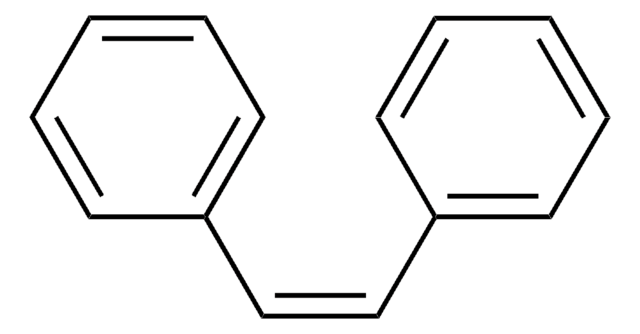About This Item
Recommended Products
vapor density
0.97 (vs air)
vapor pressure
35.04 atm ( 20 °C)
Assay
99.99%
autoignition temp.
842 °F
expl. lim.
36 %
bp
−104 °C (lit.)
mp
−169 °C (lit.)
SMILES string
C=C
InChI
1S/C2H4/c1-2/h1-2H2
InChI key
VGGSQFUCUMXWEO-UHFFFAOYSA-N
Looking for similar products? Visit Product Comparison Guide
General description
Application
Packaging
Compatible with the following:
- Aldrich® lecture-bottle station systems
- Aldrich® lecture-bottle gas regulators
Other Notes
Legal Information
also commonly purchased with this product
control valve
hose barb
purge valve
recommended
Signal Word
Danger
Hazard Statements
Precautionary Statements
Hazard Classifications
Flam. Gas 1 - Press. Gas Liquefied gas - STOT SE 3
Target Organs
Respiratory system
Storage Class Code
2A - Gases
WGK
nwg
Flash Point(F)
-148.0 °F - closed cup
Flash Point(C)
-100 °C - closed cup
Personal Protective Equipment
Certificates of Analysis (COA)
Search for Certificates of Analysis (COA) by entering the products Lot/Batch Number. Lot and Batch Numbers can be found on a product’s label following the words ‘Lot’ or ‘Batch’.
Already Own This Product?
Find documentation for the products that you have recently purchased in the Document Library.
Articles
The Diels–Alder reaction is the reaction between a conjugated diene and an alkene (dienophile) to form unsaturated six-membered rings. It is also referred to as a cycloaddition.
The Diels–Alder reaction is the reaction between a conjugated diene and an alkene (dienophile) to form unsaturated six-membered rings. It is also referred to as a cycloaddition.
The Diels–Alder reaction is the reaction between a conjugated diene and an alkene (dienophile) to form unsaturated six-membered rings. It is also referred to as a cycloaddition.
The Diels–Alder reaction is the reaction between a conjugated diene and an alkene (dienophile) to form unsaturated six-membered rings. It is also referred to as a cycloaddition.
Our team of scientists has experience in all areas of research including Life Science, Material Science, Chemical Synthesis, Chromatography, Analytical and many others.
Contact Technical Service









